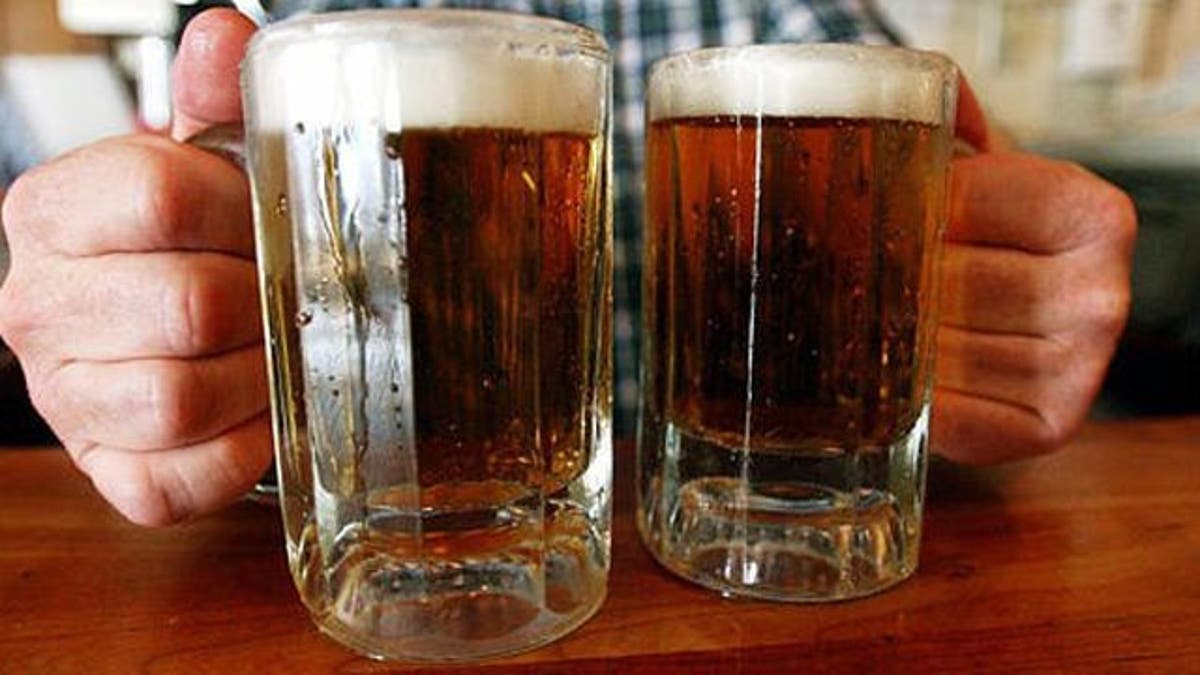
Scientists believe that a key discovery about binge drinking and alcoholism may lead to a medication that can better treat alcohol addiction, or extinguish the urge to consume it altogether.
Researchers at the Stanford University School of Medicine used mice to examine the link between binge drinking and increased odds of alcoholism. During their study they found that blocking the enzyme ALDH1a1 caused mice’s consumption of and preference for alcohol to rise to levels equivalent to those observed in mice that had experienced several rounds of binge drinking. According to a news release, researchers observed that restoring the ALDH1a1 levels reversed the effect.
While previous studies have shown that mutations in the genes for ALDH1a1 are associated with alcoholism, the reason has remained obscure. However, in this study, researchers found that in certain nerve cells strongly implicated in addictive behaviors, ALDH1a1 is a key piece of a biochemical assembly line for the manufacture of a neurotransmitter called GABA. According to the news release, neurotransmitters are chemicals that bind to receptors on nerve cells, promoting or inhibiting signaling activity in those cells.
GABA is produced throughout the brain, but for this study researchers focused on a group of nerve cells that play a key role in addiction. According to the news release, the team believes their discovery could lead to the development of a drug that could increase GABA synthesis through an alternative assembly line by boosting ALDHA1a1 levels in the brain, potentially restoring the balance in the neural circuitry damaged by binge drinking without elevating GABA levels elsewhere in the brain.
The researchers impaired ALDH1a1 activity in mice and saw GABA levels in dopamine-producing nerve cells to drop similar to how it did in mice that underwent repeated periods of binge drinking. Additionally, ALDH1a1-deficient mice showed the same increased alcohol preference and intake as did the mice exposed to binge drinking. According to the news release, the effects were again reversed when ALDH1a1 levels were raised.
More than 200 million people worldwide suffer from alcoholism, the study notes, with as many as one in four American adults engaging in binge drinking within the past 30 days. The authors note that existing medications have garnered mixed reviews, often inducing unpleasant side effects if consumed with alcohol. Jun Ding, study author and assistant professor of neurosurgery, also commented that the existing medications don’t reduce the cravings for alcohol, with patients typically feeling a strong urge to drink, therefore leading to the unpleasant effects.
The study was published Oct. 2 in the journal Science.
